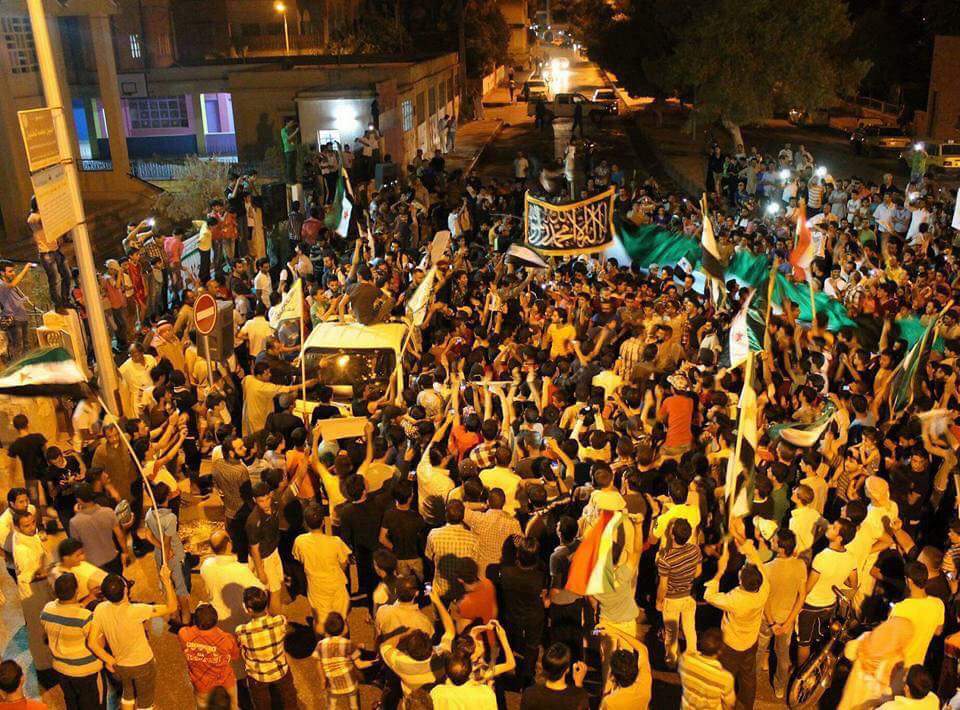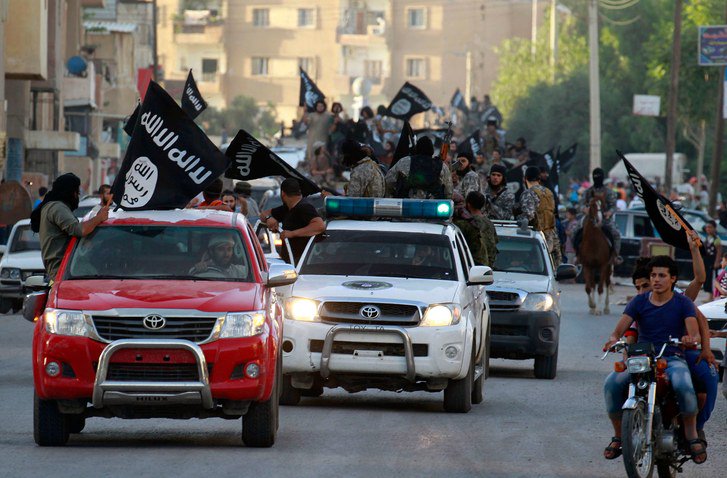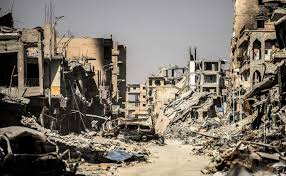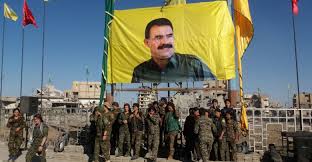
#Thread:
I find this new study from @jusoorstudies as detailed as terrifying. Syria's death toll has crossed one million. Almost half the population is dead, imprisoned or displaced. Massive demographic changes.
jusoor.co/details/The%20…
I find this new study from @jusoorstudies as detailed as terrifying. Syria's death toll has crossed one million. Almost half the population is dead, imprisoned or displaced. Massive demographic changes.
jusoor.co/details/The%20…
Syria's overall population as assumed in 2021 is 24m. Only 16m are still in Syria, divieded in around 9m in Regime-held areas, 4m in opposition-held areas and 3m in SDF-held areas. 8,8m are living in diaspora and refugee camps. 1 million have been either killed or disappeared.
The study speaks of 4 massive waves of displacements/emigration due to varios reasons like the lack of safety and security, hard economic / political conditions, the lack of health care and others.
There has been a total demographic change in Syria. Perhabs this study does not cover it very detailed, but it's obvious that the demographic struckture of multiple Syrian cities and towns has been massivly changed over the last 10 years.
Cities like Darayah, Homes and Madaya have been totally emptied from their inhabitants and turned into ghosts cities. Same situation in many Damascan suberbs and towns. Similar situtation in eastern Aleppo, Syria's second largest city.
Eastern and northern Syria isn't better. Not all of Raqqa's residents managed to return and rebuild their lives, homes and bussnises. Friends and relatives there keep speaking about a hard living conditions and massive poverty. Same thing in Deir Ezzor and its countryside.
This also applies on the thousands of Kurds in northern Syria who fled some years ago after two Turkish offensives on both Afrin and northern Syria, especially Raqqa and Hasaka.
Province Idlib is hosting nowadays over 1.5 million people as the latest numbers from last year show. Some are calling Idlib “the Small Syria” because of the variety of its inhabitants today from across the country.
Not only reconstruction of the Infrastructure and civil houses would be a challenge and a huge problem in the future, but also the reconstruction of the demographic structure of the country would not be easy.
All of this happened because one man refused to give up power and decided that power is worth a lot more than hundreds of thousands of innocent lives. He decided that he owns this country and the lives of its population.
In 2011*
• • •
Missing some Tweet in this thread? You can try to
force a refresh









